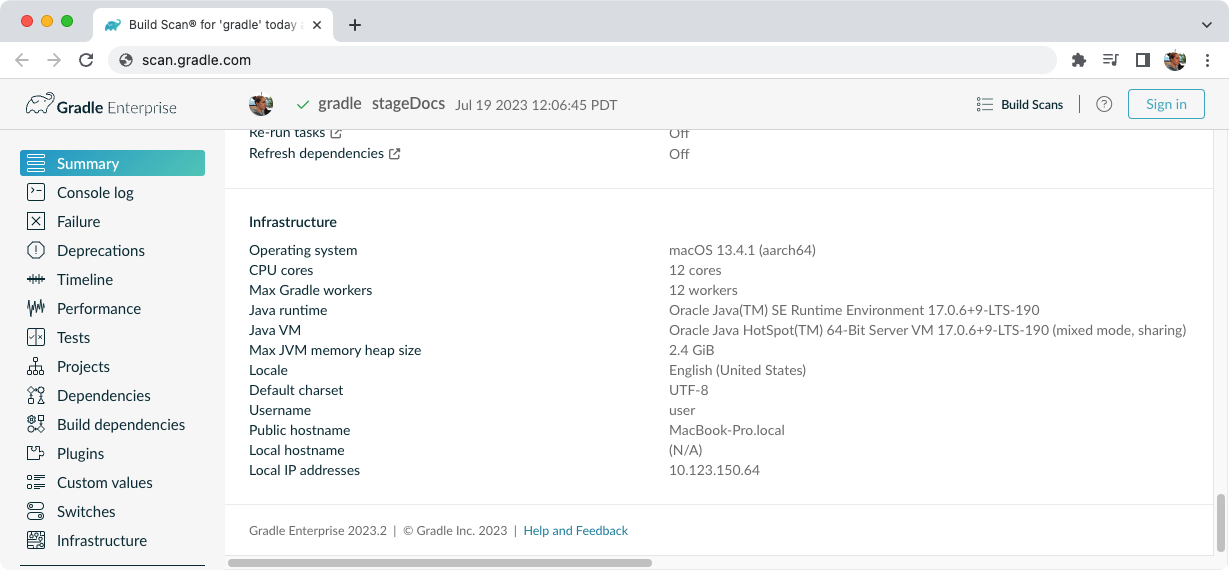Vmargs For Mac
Teradata studio express is very slow on my Mac. I’ve checked other threads and think I’ve done all the same steps to address it. Symptoms include: 1. Lag when typing or scrolling 2. Delay (up to 20 seconds) in execution of queries from the time I hit the ‘execute’ button, that is it doesn’t even start to try executing for 20 seconds or so. And once executing is erratic in response time for the same query 3. Starts getting noticeably slow within about 30 minutes.

Things I’ve tried: 1. Turned off Code Assist Autoactivation 2. Keep only a few results tabs open at a time 3. Limit to 2K or ‘sample 10’ to keep result sizes low 4. Added the following to /Applications/TeradataStudioExpress/configuration/ config.ini (started lower increased in 1 gig increments, seems to help but just prolongs the issue) -vmargs -Xms2048m -Xmx4096m -XX:PermSize=512m -XX:MaxPermSize=1024m 5. Turn off 'enable syntax validation' 6.
Reduce history size from 200 to 50 My Specs: OSX 10.10.3 2.2 Ghz intel core i7 16 G ram Teradata Studio Express 15.10.0 My queries haven’t been that large or complicated, typically involving around 5 tables. I’ve typically created a handful of volatile tables of size less than 10K rows. Once the issue starts I have to reconnect to clear it up.
Vmargs For Mac
Does anyone have any other insights? We have noticed an issue with Teradata Studio on Mac OSx when installed remotely by the administrator. The user did not have Administrator premission and thus an administrator had to log in remotely to install Studio on his Mac machine. The user noticed the slow response and posted the following: 'I ended up uninstalling and reinstalling.
I believe something got messed up during the install. I am not sure what happened, but at the time, I did not have Admin rights on my laptop/Mac. My install was done remotely over VPN and Webex, and I am not sure if some configuration files or Workspace files may have been set for a shared drive or something. It is early yet, but Studio is responding much better now and the issue seems to have gone away. I do need to use it longer to be sure, but that will come.
I increased the parameters in the.ini file as well. It may be a good idea to document that process of unlocking the directory and files on the Mac Finder and updating the file. This is definitely not intuitive on the Mac.' Not sure if this is your situation?
Another option we to check the Java Control Panel system preference and the Temporary Internet Files setting for Java. Change the setting from 32GB to 5 GB and use 'Delete files.' For the Trace and Log Files and Cached Application and Applets.
Still trying to get Eclipse IDE to work and running into Incompatible JVM error. I followed the steps here: But unfortunately to no effect. Running OSX 10.9.5 and uninstalled the out-of-the-box version of Mac. The new version of Java seems to show up in the System Preferences.
Please see attached screen capture. I've even done some of the basics like restart my computer, etc. Maybe there are other modifications I need to make to other files. I'm comfortable with Terminal but new to Eclipse and Java. Thanks in advance! Zogis real angel 220 drivers for mac. I have had the same problem as noted above.
I could not get Eclipse to install because of Java incompatibilities. The sequence I followed goes like this:. Upgraded to MAC OS Sierra.

Downloaded the Eclipse installer but was prompted that I needed to instal a legacy Java. Installed Java 1.6. Was unable to install Eclipse and was prompted that I needed Java 1.7 or greater.

Downloaded and installed Java 1.8. Ran the terminal code 'java -version' // this will check your jre version. This showed returned Java 1.6 despite the fact that I had upgraded to 1.8. The Java version listed in the Java control panel said 1.8. Tried multiple downloads of eclipse and Java and multiple restarts always with the same result. Visited the Oracle web page noted above: I could not find the above reference to 8u73 and 8u74 but I did find and option to download 1.8.012.
It installed without difficulty, and then I was able to install Eclipse without difficulty. This took hours of my time. I hope this proves useful. Open up terminal and check what java version is currently set in your path variable. You can do that by typing in your terminal java -version // this will check your jre version.
Javac -version // this will check your compiler version If this shows incorrect java version but you have installed java 1.8 then you have to set path variable to the newer version of java. To do that do add the line: export JAVAHOME=/path/to/java/jdk1.x to /.bashprofile (same as /Users/username/.bashprofile) Then do this from the terminal to set the new variable source /.bashprofile Also what's your eclipse.ini set to? -Dosgi.requiredJavaVersion=1.7 EDIT: Please open up terminal and type find / -name 'java' // This should find all folder named java on your file system. Also how did you install java in the first place?